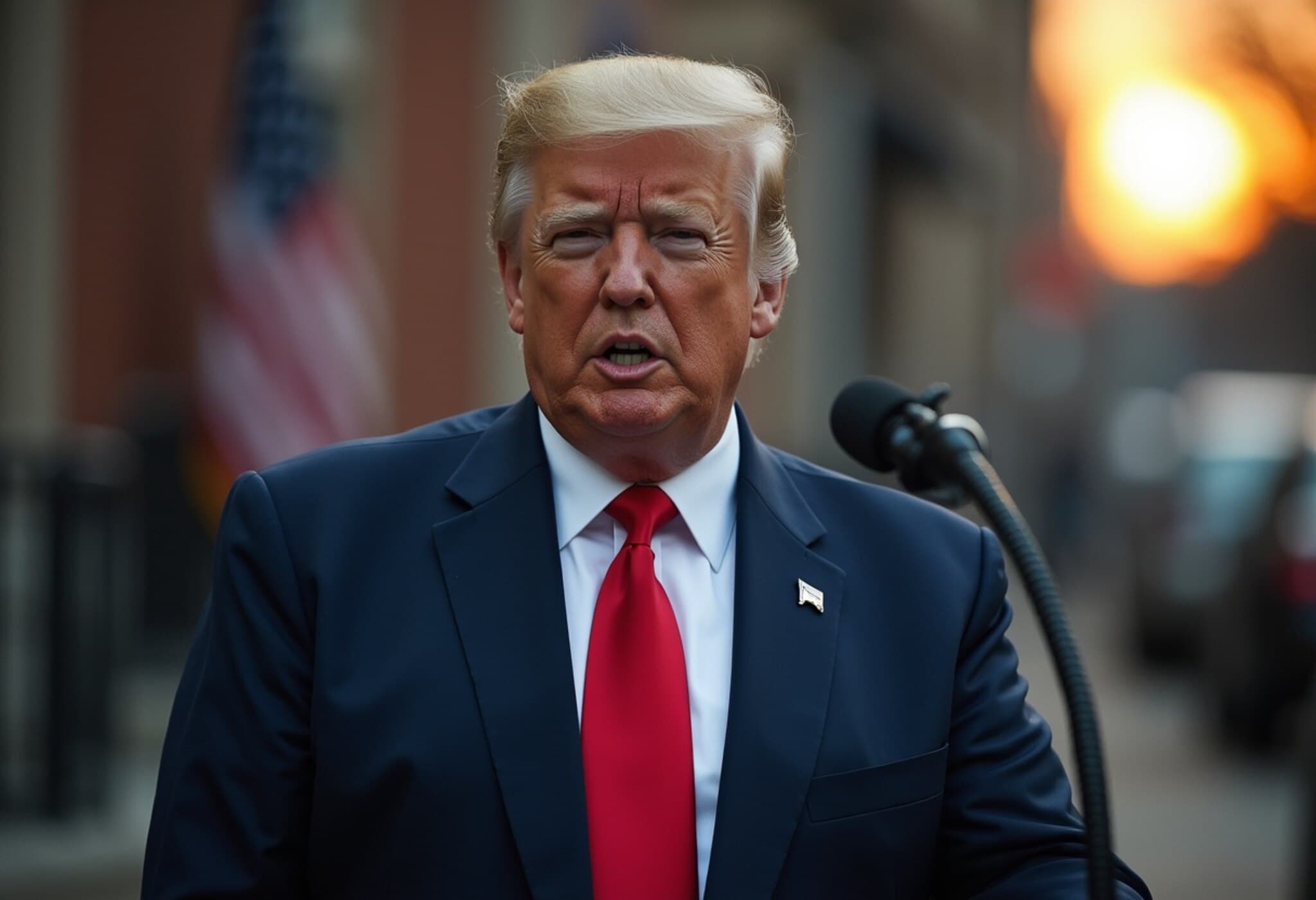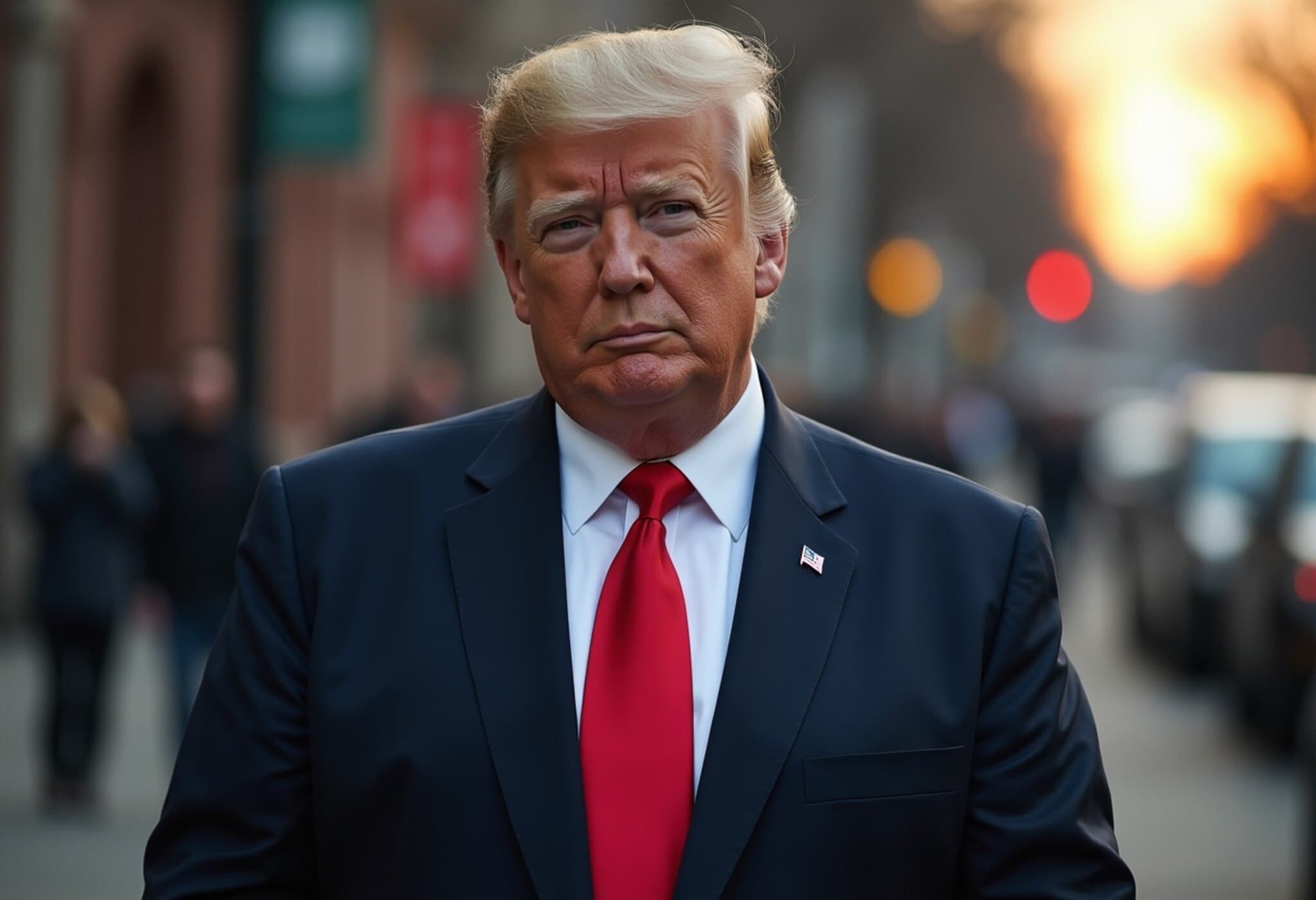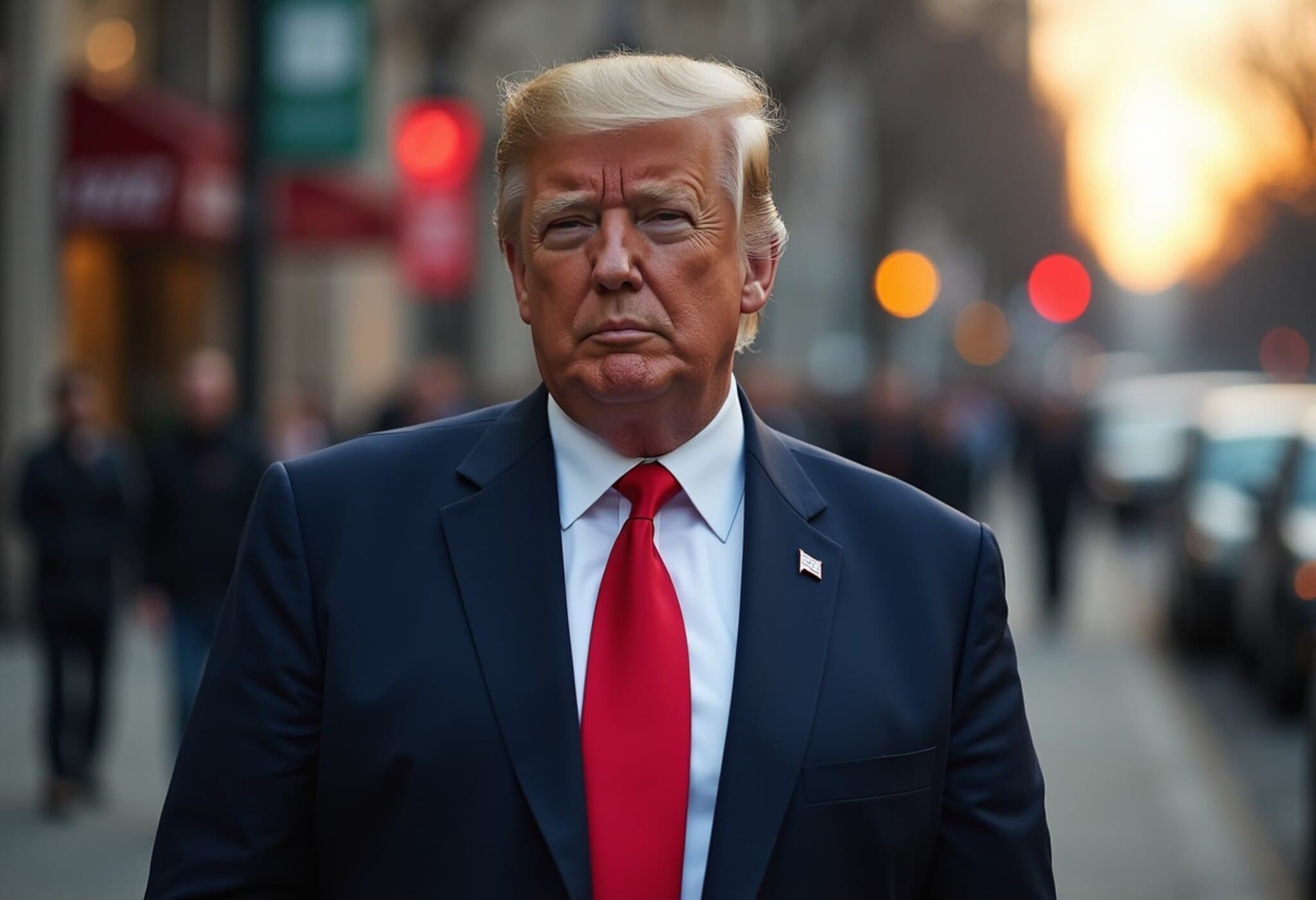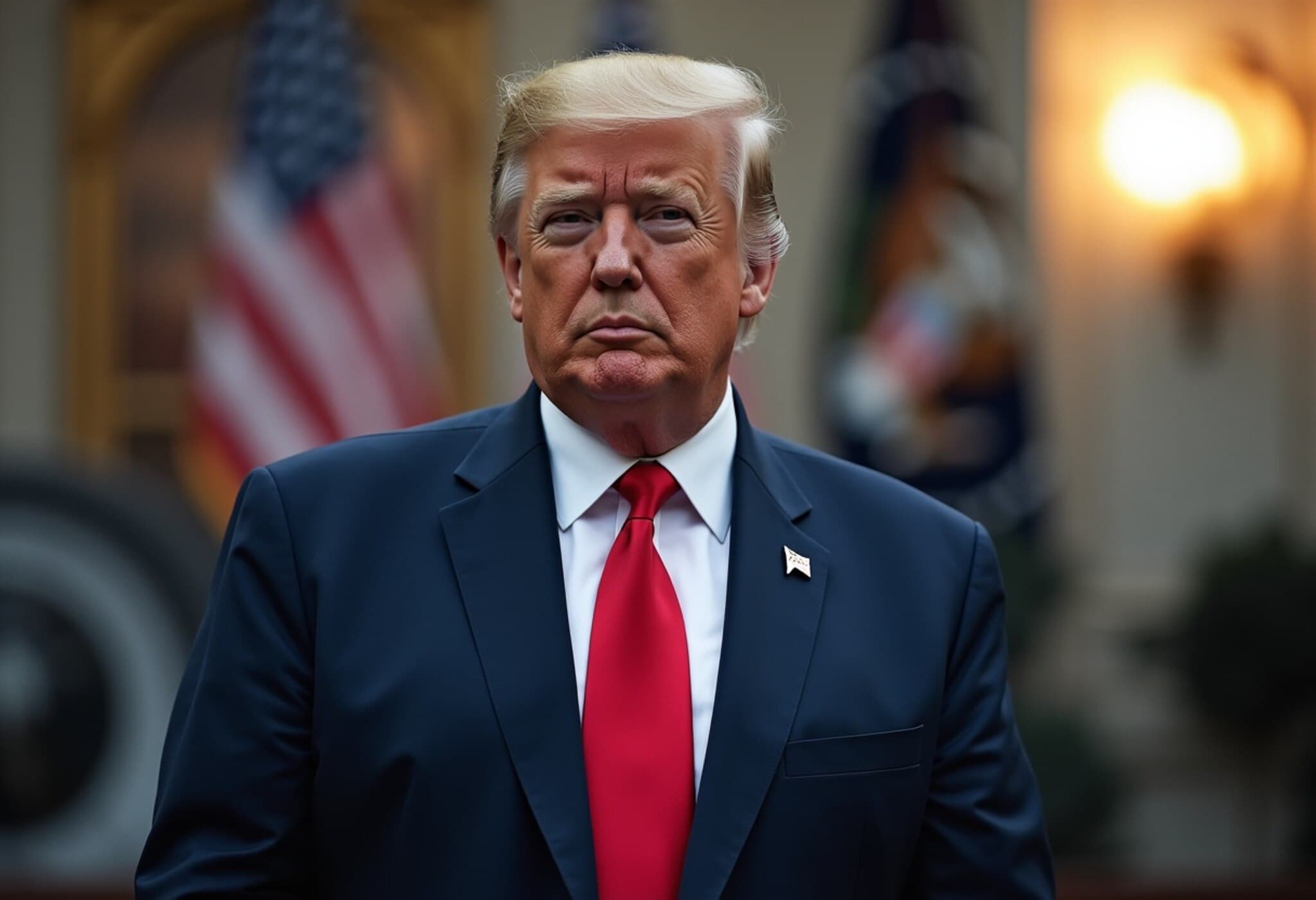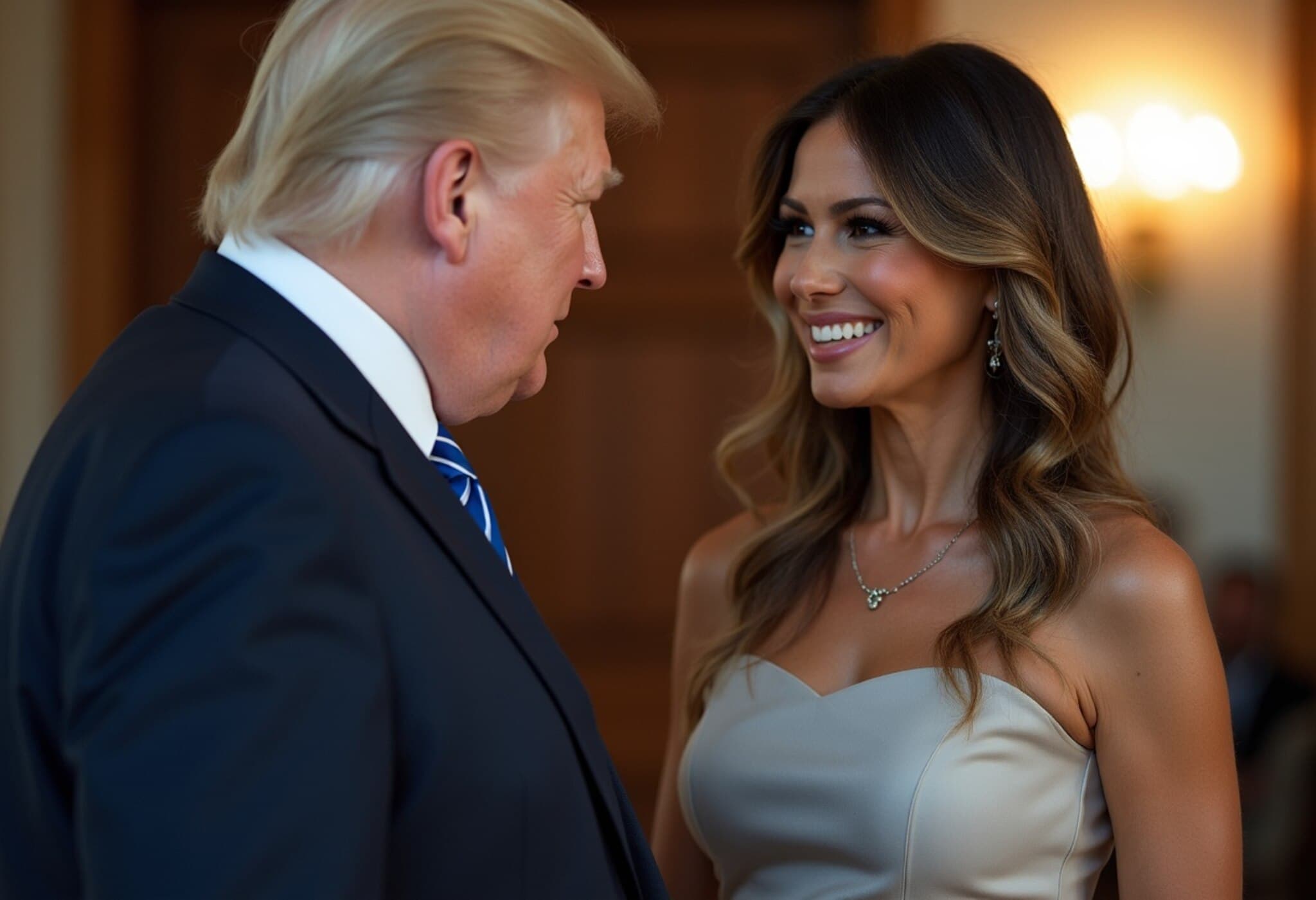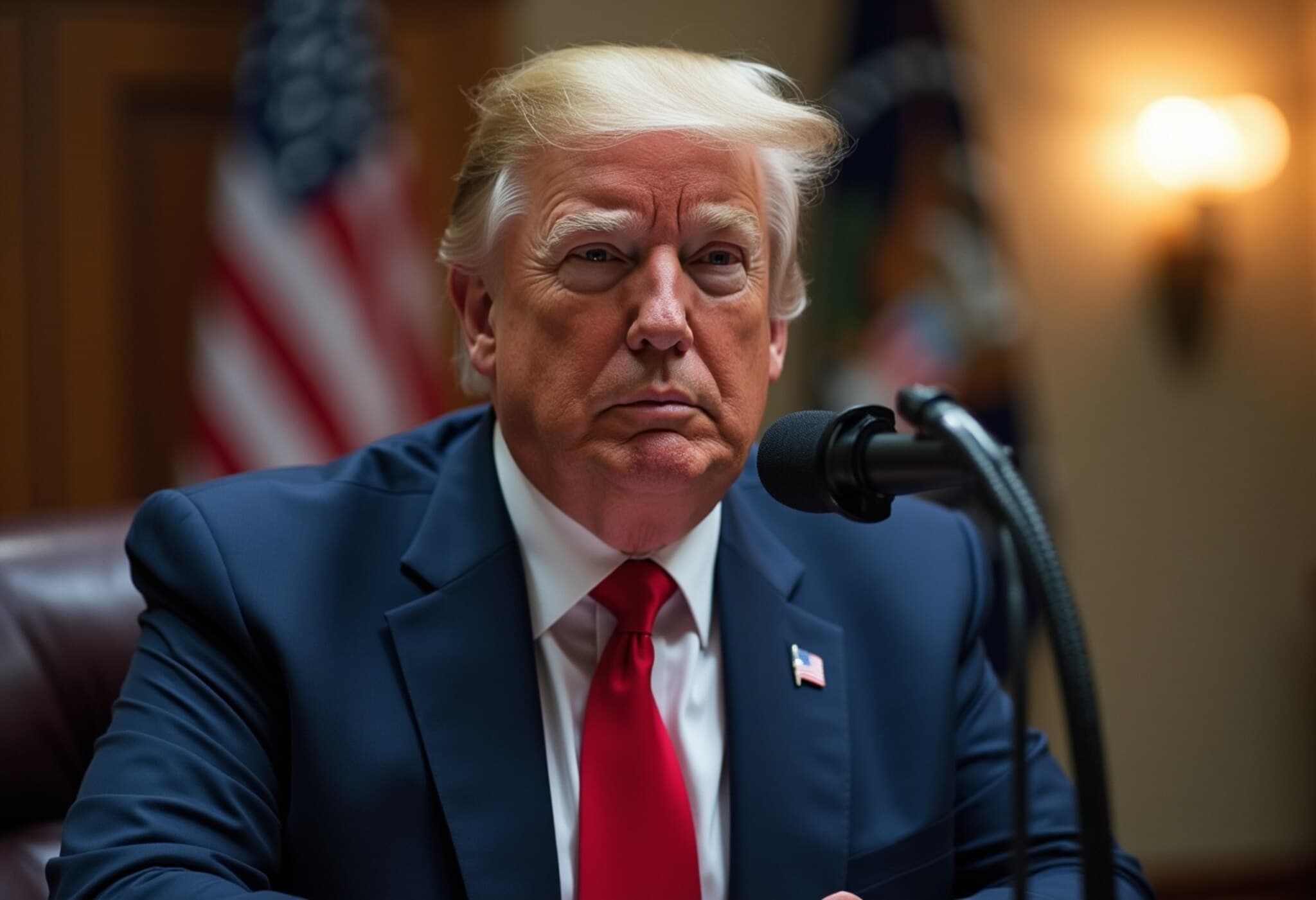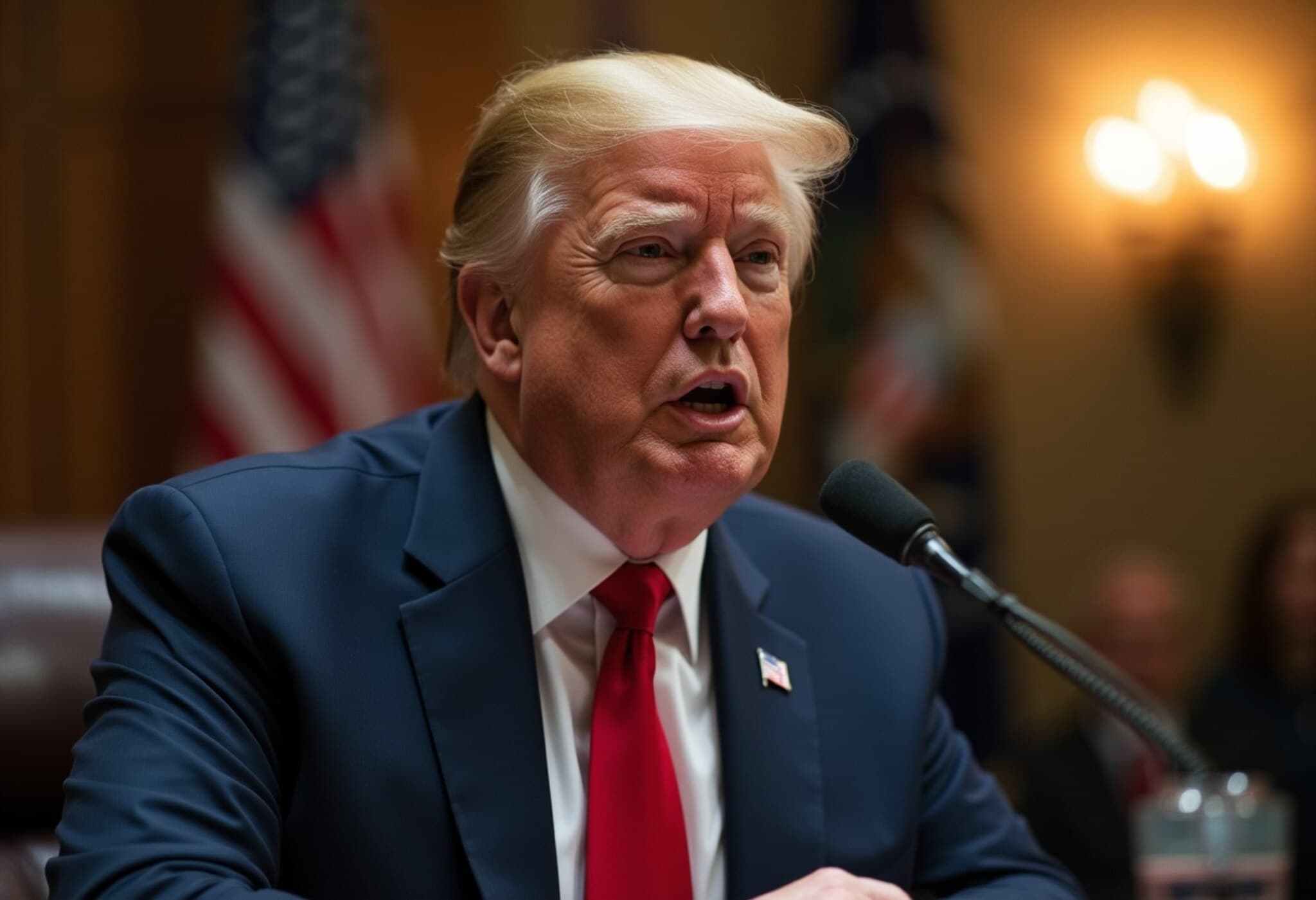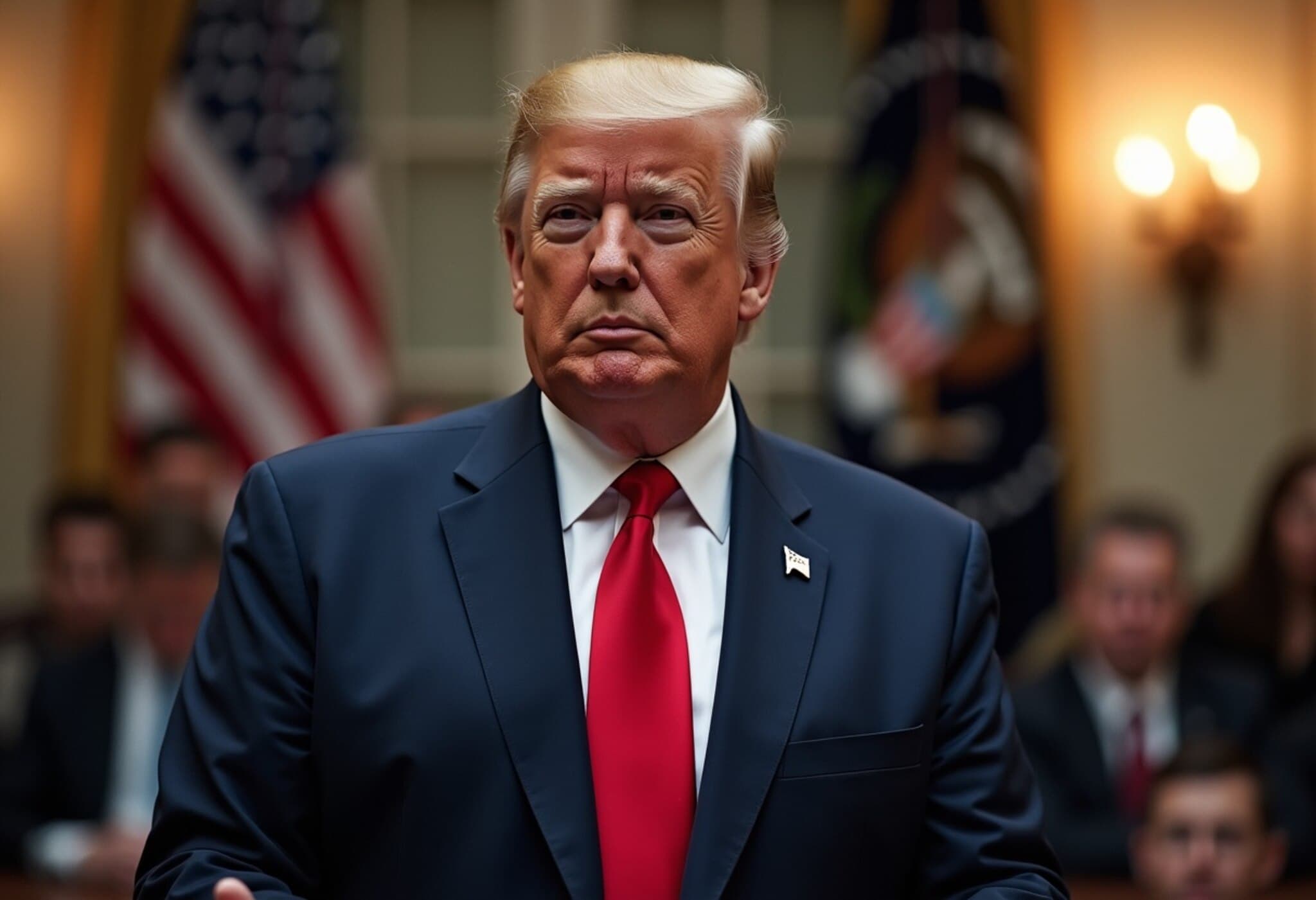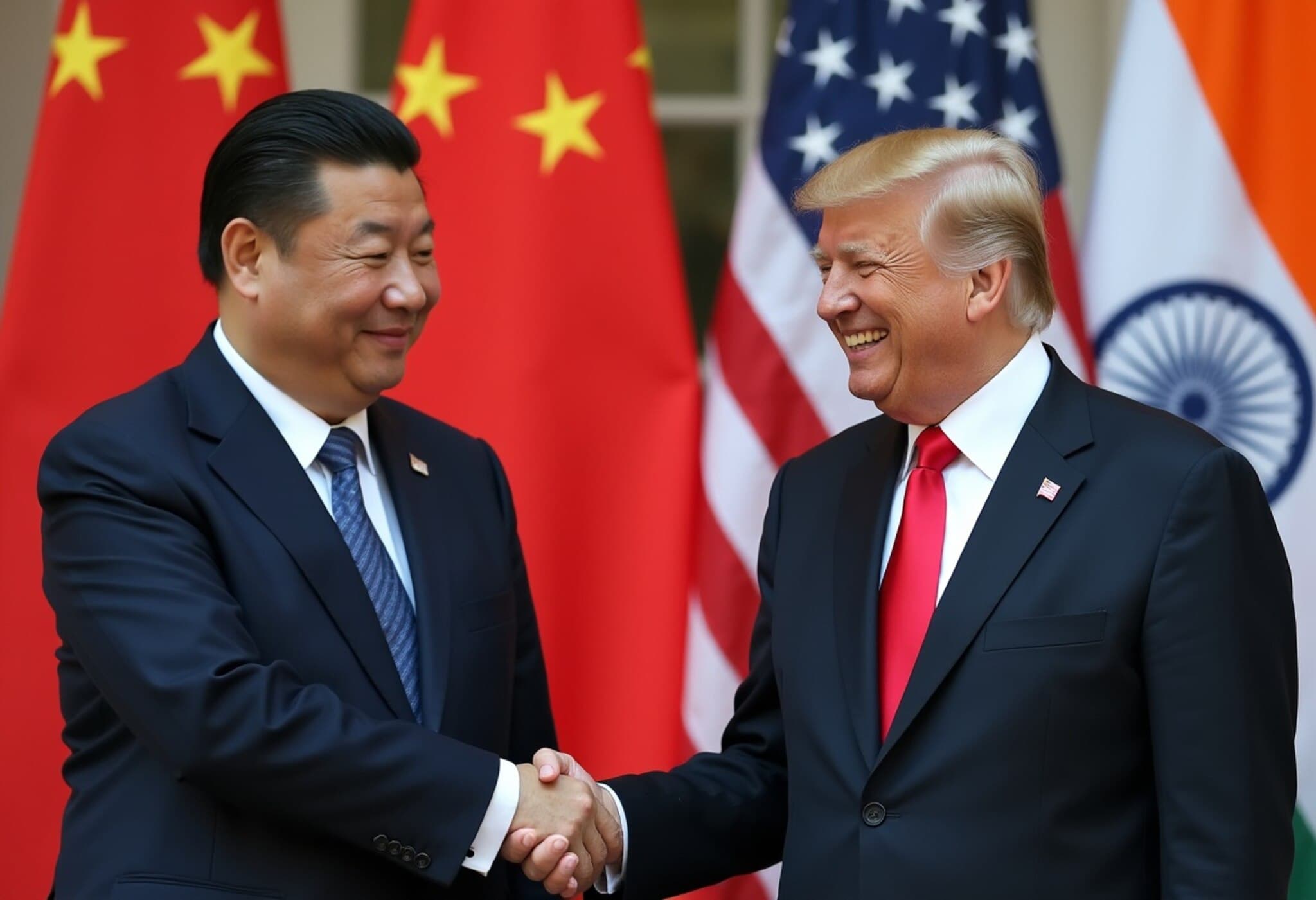Understanding the Stakes: Why Trump’s Approach to Data Is More Than Politics
Last week’s news about President Donald Trump’s actions involving the nation’s economic data response may have felt like yet another headline in a long stream of political skirmishes. Yet, experts from across the political spectrum warn that this moment is deeply consequential—pointing to a dangerous trajectory that extends well beyond ordinary partisan disputes.
The Crucial Role of Trusted Data in Democracy
Peter Hartcher, a seasoned international and political editor, recently discussed on The Morning Edition podcast with host Samantha Selinger-Morris why reliable statistics underpin democratic governance.
Hartcher emphasizes, "Reliable data aren’t just numbers; they provide a shared reality that allows policymakers and the public to debate solutions grounded in fact. When official statistics are manipulated or politicized, the foundation of informed policy crumbles."
This shared reality is the bedrock of economic decision-making, influencing everything from interest rates to employment policies. Yet with Trump’s administration reportedly planning to replace key statistical agency officials with politically aligned appointees, there is growing fear about the objectivity and integrity of these essential data sources.
A Dangerous Parallel: Echoes from Autocratic Regimes
Hartcher draws sobering comparisons to autocratic nations where governments routinely manipulate or suppress unfavorable statistics to craft narratives that bolster their grip on power. He recalls China’s Premier Li Keqiang’s candid remark about GDP figures being "man-made," highlighting the lengths to which authoritarian regimes go to distort reality.
Such tactics are alien to the United States’ democratic tradition—but Trump’s apparent path threatens to erode this norm by making objective facts a casualty of political control. The fear is that, over time, numbers will no longer be accepted as impartial truths but as malleable tools shaped by whoever controls the data machinery.
The Human Cost: How This Affects Everyday Americans
While policymakers and economists soon grasp the implications, the average American may initially seem detached from these bureaucratic battles. Still, the stakes are deeply personal—especially considering the economy’s fragile state and the recent jobs slump.
Instead of leveraging this downturn to introduce credible economic stewardship, Trump's actions focused on controlling the narrative by dismissing those who produce the data rather than addressing the underlying issues. This prioritization of controlling perception over improving conditions underscores a broader shift in governance priorities.
Historical Lessons and What Lies Ahead
Selinger-Morris reminds us of grim moments in history, notably in the former Soviet Union, where officials faced dire consequences for reporting data that contradicted the leader’s claims. While the U.S. hasn’t crossed that threshold, the warning signs are unmistakable.
With nearly three and a half years remaining in Trump’s term, the question remains: Will America uphold its commitment to transparency and factual governance, or continue down a path where truth itself becomes politicized?
What Experts Are Watching
- Integrity of Statistical Agencies: Can independent experts uphold the autonomy of key data institutions?
- Economic Impact: How will distorted data influence monetary policy and investor confidence?
- Public Trust: Will erosion of trust in official information fuel political polarization?
Editor’s Note
The unfolding developments highlight a crucial moment in American democracy, where the battle over facts is more than academic—it’s a fight for the integrity of the nation’s very decision-making framework. As citizens, investors, and policymakers look ahead, vigilance and advocacy for transparent, impartial information remain vital in safeguarding democratic norms against the subtle creep towards autocracy.
Ultimately, this moment invites reflection on how democracy functions: not just through elections, but through shared truths that enable collective action. The question is, will the U.S. reaffirm those principles, or allow the erosion of objective reality to redefine governance?

